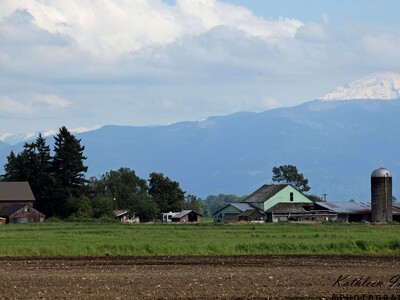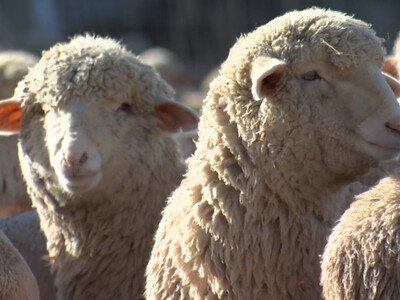Agrobacterium
In a fascinating discussion with Dr. Jeff Chang, a researcher and professor at Oregon State University, he described a project where he is trying to potentially thwart the spread of a disease-causing bacterium, or Agrobacterium that harms, among other things, apple and pear trees.A team led by Oregon State University scientists has developed a way to potentially thwart the spread of a disease-causing bacterium, or Agrobacterium that harms more than a hundred plant species worldwide, an advance that could save the nursery and fruit tree industries billions of dollars a year.
The research has important implications for commercial plant growers because it could help halt the spread of Agrobacterium. The bacterium causes crown-gall disease, which impacts more than 100 plant species, including fruit trees, roses, grape vine, nursery plants and shade trees. Those species have a combined value of more than $16 billion annually in the United States alone, according to the U.S. Department of Agriculture.
The methods developed for the study can also potentially be applied to track diseases in humans and animals and even foodborne disease outbreaks. For example, plasmids spread antibiotic-resistant genes, a pressing problem for human and animal health.
The Oregon State scientists worked with researchers at the USDA Agricultural Research Service on the study. The findings were just published in the journal Science.













